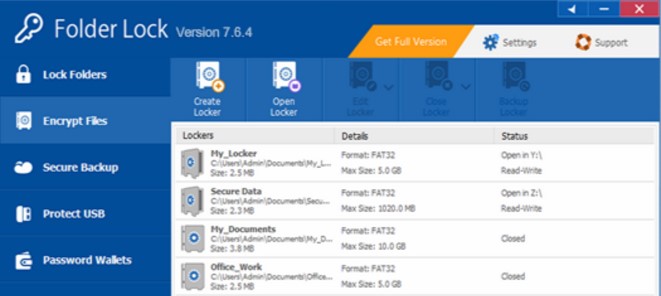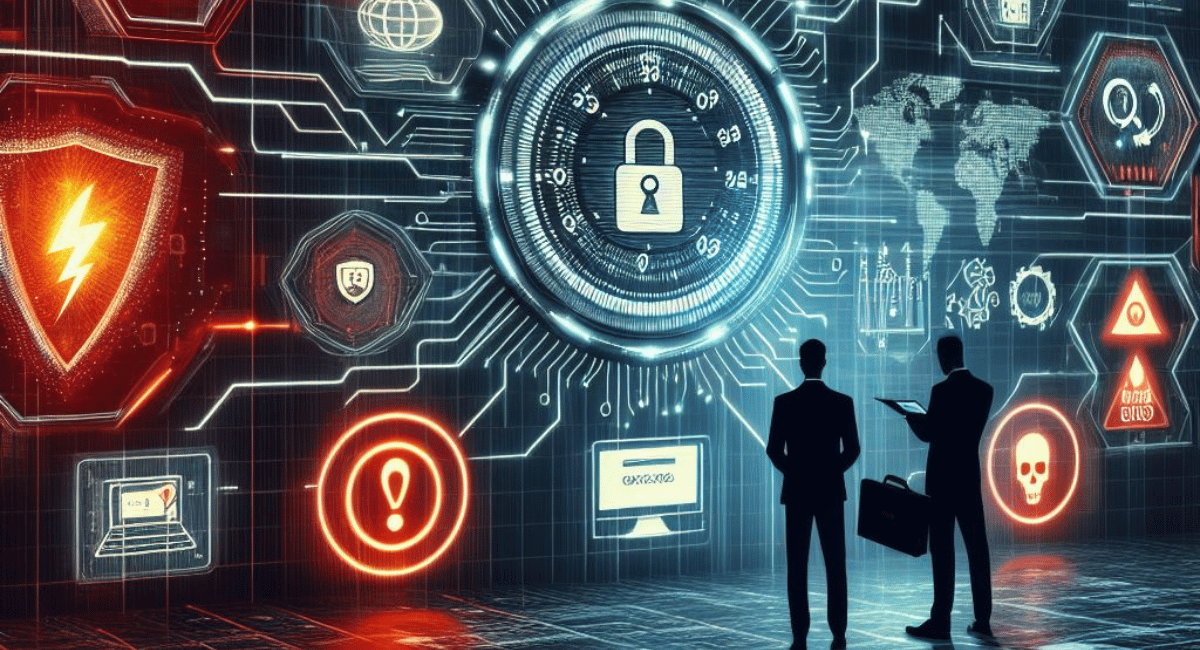A nightmare is something that’s not real, but seems real because when you are dreaming, you are living it at the moment. During the dreaming phase, time is not relative, you do not have concept of reality or time, it becomes hard to comprehend whether an alternative reality exists or not – i.e the reality we live in. One would wonder, which reality do we live in? is it the rational reality or the irrational reality (dream world). No one has the answer to this question.
When we have a nightmare, we often wake up in a panicky state, as the feeling of being attacked or some negative event sparks a reaction. What we feel during a nightmare often results in physical symptoms, such as a racing heart, sweating, physical movements and other physical reactions. Regularly experiencing nightmares can often result in insomnia and can require the individual to seek treatment.
Whether it is some worries related to your job, finances or the security of your life and property, such worries can often substantiate in the form of nightmares. For example, as you may well know that most of our important and personal information is saved on PCs, gone are the days of using file cabinets with lock and key. Today, your computer is your file cabinet, it has all the necessary files you need to ensure your financial stability and safety of your identity. However, imagine an insect that eat files, this insect goes inside your file cabinets and starts to eat away your important documents such as your passport, driver’s license, tax returns, marriage certificate, birth certificate and other information. The next thing you know, you open your drawer and see that all your files and folders are gone, vanished into thin air.

Preventing Ransomware:
Although this isn’t possible in real, there is a similar threat that has the same effect, it’s called ransomware. Ransomware virus is without an argument the most effective and sinister of all viruses. Even antivirus companies hate to admit that they cannot protect you once your PC is infected with this virus. So, is there any way the user can protect his or her data? Since antivirus software are useless against ransomware, what are other option? Currently, there is only one option, it called Folder Lock. Folder Lock was primarily developed to prevent hackers from accessing personal data. However, countless independent studies show that Folder Lock was effective in preventing ransomware from hijacking users’ data. So, how does Lock Folder keep data safe from ransomware? Well, Folder Lock allows users to create self-executable lockers. These lockers are encrypted, using AES-256-bit encryption. All the user has to do is drop their sensitive data inside these lockers and their data becomes encrypted. When the ransomware does attack the data, it is denied access to it because the data is encrypted and therefore cannot identify the file type. What’s more, even if the entire PC has been put on lock down with the ransomware virus, users encrypted locker can be automatically backed up to a secure cloud server.
How Do I Know If I Have Ransomware?

If you suspect that you may have ransomware, you should look for signs such as unexpected changes to your computer, strange files and folders appearing, or a sudden decrease in computer performance. Additionally, you may notice strange messages or pop-ups asking for money. If you believe that you have been infected with ransomware, it is important to take action immediately to protect your data and prevent further damage.
Does Ransomware Go Away?
Yes, it is possible to be a victim of ransomware. Ransomware is a type of malicious software that is designed to encrypt your data and demand payment in exchange for its release. While it is possible to remove ransomware from your computer, it is important to note that the damage it can cause may be irreversible. It is important to take preventive measures to protect your data and prevent ransomware attacks. Additionally, some ransomware variants may be able to reinstall themselves even after removal.
Can Ransomware Spread Through Wifi?
Yes, ransomware can spread through WIFI networks. Once a computer is infected with ransomware, it can spread to other computers connected to the same network. To prevent this, it is important to ensure that all computers connected to the same network have up-to-date anti-virus software, and that all computers are running the latest version of their operating system. Additionally, users should avoid downloading files from unknown sources and should be cautious when clicking on links or attachments in emails.
Does VPN Help Against Ransomware?
Yes, a VPN can help protect against ransomware by encrypting the data traffic between the user’s computer and the remote server. This makes it much harder for ransomware to infect the user’s computer, as the encrypted data is much harder to access. Additionally, a VPN can help hide the user’s IP address, making it harder for malicious actors to target the user.
Using A Firewall To Block Ransomware
A firewall can block ransomware by blocking malicious traffic from entering the network. Firewalls can be configured to block certain types of traffic, such as traffic from known malicious websites or IP addresses. Additionally, firewalls can be used to monitor for suspicious activity, such as large amounts of data being sent or received from unknown sources. This can help alert the user to a potential ransomware attack.
Duration Of Ransomware Attacks

Ransomware attacks can last anywhere from a few hours to several days, depending on the sophistication of the attack. In most cases, the attack will end once the ransomware has been successfully removed from the system or the ransom has been paid. However, in some cases, the attack may continue if the attacker is able to access the system again or if the ransom is not paid.
FBI Help Against Ransomware
Yes, the FBI does help with ransomware attacks. The FBI’s Internet Crime Complaint Center (IC3) is a national resource for reporting cyber crime and helping victims of cyber crime. Victims of ransomware can file a complaint with the IC3 in order to receive assistance from the FBI. Additionally, the FBI can provide technical assistance and advice to those affected by ransomware.
Punishment Of Ransomware
The punishment for ransomware depends on the jurisdiction in which the crime was committed. Generally, ransomware is considered a form of computer fraud and is subject to criminal prosecution. Penalties for ransomware can include fines, jail time, and restitution. In some cases, the perpetrator may be charged with other crimes, such as identity theft or money laundering.
Top Causes Of Successful Ransomware Attacks
The top causes of successful ransomware attacks include:
1. Poor security practices, such as failing to update software and patch vulnerabilities.
2. Weak passwords, or using the same password across multiple accounts.
3. Unsecured networks, such as open Wi-Fi networks.
4. Unprotected systems, such as those without antivirus protection.
5. Phishing emails, or malicious emails that contain malicious attachments or links.
6. Malicious websites, or sites
Payment Method Of Ransomware Hackers
Ransomware hackers usually get paid in cryptocurrency, such as Bitcoin. They usually demand payment in this form because it is difficult to trace, making it more difficult for law enforcement to track down the hackers. The ransom amount can vary, but it is usually a few hundred dollars to a few thousand dollars. The hackers may also demand additional payments in the form of gift cards or other forms of payment.
Why You Shouldn’T Pay Ransomware?
It is generally not recommended to pay ransomware, as doing so encourages the hacker to continue their malicious activities and may even lead to further attacks. Paying the ransom also does not guarantee that the hacker will provide the decryption key or unlock the files, as they may not honor the agreement. It is also possible that the ransomware is part of a larger attack and paying the ransom may only be a temporary solution. Additionally, paying the ransom may also give the hacker access to more of your data
What Does A Ransomware Attack Look Like?
A ransomware attack typically begins with the hacker sending an email containing malicious software or a link to a malicious website. The malicious software or link will then install itself on the victim’s computer, encrypting important files and documents. The hacker will then demand a ransom for the decryption key or the unlocking of the files. The hacker may also threaten to delete the files or release the data publicly if the ransom is not paid.
Can You Reverse Ransomware?
In some cases, it is possible to reverse ransomware attacks. However, this is not always successful and can be difficult and time consuming. The best way to protect yourself from ransomware is to ensure that your computer is always up to date with the latest security patches and to have an up-to-date backup of your data. Additionally, it is important to be aware of phishing emails and to never click on links or attachments from unknown sources.
Do Ransomware Attackers Get Caught?

Yes, ransomware attackers can get caught. Law enforcement agencies around the world have been successful in arresting those responsible for ransomware attacks. It is important to remember that ransomware attacks are illegal and can carry serious penalties. Those responsible for ransomware attacks can face criminal charges, including jail time and large fines.
Should I Worry About Ransomware?
Yes, you should worry about ransomware. Ransomware is a type of malicious software that can encrypt your files and demand a ransom in order to decrypt them. It is important to be aware of the risks associated with ransomware and to take the necessary steps to protect yourself. This includes keeping your software and operating system up to date, using strong passwords, and avoiding clicking on suspicious links or attachments from unknown sources.
Do Hackers Use Ransomware?
Yes, hackers often use ransomware to target individuals and businesses. Ransomware is a type of malicious software that can encrypt your files and demand a ransom in order to decrypt them. Hackers typically use ransomware to extort money from victims, and it is important to be aware of the risks associated with ransomware and to take the necessary steps to protect yourself.
Can You Sue For Ransomware?
Yes, it is possible to sue for ransomware. In some cases, victims of ransomware may be able to file a civil lawsuit against the hacker or the company responsible for the ransomware attack. Depending on the specifics of the case, victims may be able to seek damages for any financial losses or other damages caused by the attack. Victims should consult with a lawyer to determine whether they have a valid claim.
Block Ransomware
It is possible to block ransomware. There are a variety of steps that can be taken to protect yourself from ransomware, such as keeping your computer and software up-to-date, using strong passwords, and avoiding suspicious emails and websites. Additionally, there are a variety of anti-malware and anti-ransomware software programs available for download that can help to block ransomware.
